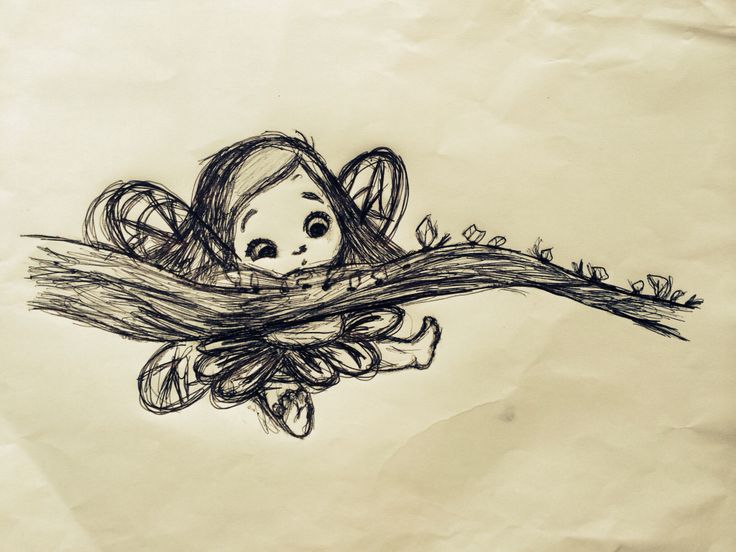The Baby and the Fairy Bush June 17, 2016
Author: Beach Combing | in : Modern , trackback
This is a heartbreaking notice from one of the Irish papers, 1862. First a little background. The Irish countryside had literally hundreds of ‘fairy trees’ (particularly thorns) and ‘fairy bushes’, which were associated with ‘the good people’: one such Fairy Bush appears here, though Beach has found no trace of it in other records. Second, when Irish mothers believed that they had a changeling (a fairy had replaced their baby), they would sometimes take their ‘changelings’ and leave it a night at a fairy tree or a fairy fort or another place where the fairies were believed to congregate. Now we come to the hot summer of 1869.
A newly-born male infant was found at a place called the Fairy Bush, on the road from Waterford to Dunmore, on Monday last. The child was alive when first discovered, but died in a short time. The police have succeeded in arresting the mother, who is farm servant. An inquest will be held to-day.
Beach has been unable to discover anything else about the farm servant, who clearly had the baby in secret: a depressing nineteenth-century reality examined previously on this blog. She will very possibly have been transported for her crime. However, some thoughts on the chance fact about the Fairy Bush. Fairy places are often out in the wild, the kind of place that you would leave a newborn child perhaps, so the fact that the farm servant left her new born there might be a coincidence. It is also true that it is on a relatively busy road: she likely hoped that someone would pick the child up and bring it home. However, is it possible that this desperate Irish mother thought or prayed or decided to kid herself that her baby would be taken by the fairies or at least protected by them? Fairy beliefs were powerfully strong in nineteenth-century Ireland.
Other Irish fairy stories: drbeachcombing At yahoo DOT com
Source: ‘A Deserted Child’, Waterford Mail (7 Jul 1869), 2


